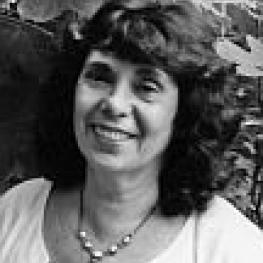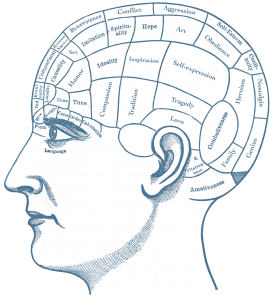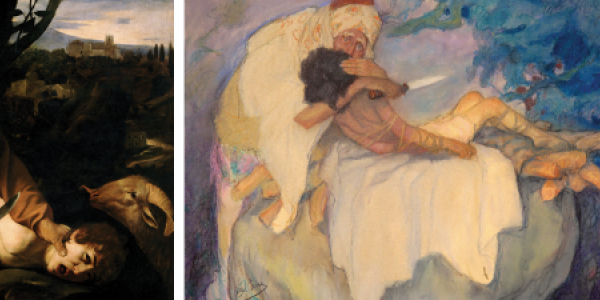Yael
Feldman

Research Topic
The Contested Near-Sacrifice: Rewriting Isaac in Tel-Aviv
Bio
Yael S. Feldman is the Abraham I. Katsh Professor of Hebrew Culture and Education in the Judaic Studies Department at New York University. Professor Feldman received her B.A. in Hebrew Literature and Language and English Literature from Tel Aviv University in 1967 and her M.A. in Medieval Hebrew Literature from Hebrew College in 1976. Her Ph.D. dissertation at Columbia University examined the Hebrew-American poet Gabriel Preil who was to become the subject of her first book, Modernism and Cultural Transfer: Gabriel Preil and the Tradition of Jewish Literary Bilingualism (1986). Her MA thesis formed the basis of her second book, in Hebrew, Polarity and Parallel: Semantic Patterns in the Medieval Hebrew Qasida (1987). After receiving her Ph.D. in 1981, she completed postdoctoral study at the Columbia University Center for Psychoanalytic Training and Research. Psychoanalytic theory has continued to inform her literary criticism as well as her studies on gender and biblical and Zionist narratives, beginning with her third publication, Teaching the Hebrew Bible as Literature in Translation (1989) and subsequent articles. She is the author as well of the important Glory And Agony: Isaac's Sacrifice and National Narrative (2010). Feldman’s award-winning scholarship—twice a finalist in the National Jewish Book Awards and the winner of the Abraham Friedman Award for Hebrew Literature—has been supported by various grants and fellowships, including the National Endowment for the Humanities, Fulbright-Hays Program, Littauer Foundation, Center for Advanced Jewish Studies at Oxford, Lady Davis Fellowship at the Hebrew University of Jerusalem, and Yad Vashem International Holocaust Research Center.


